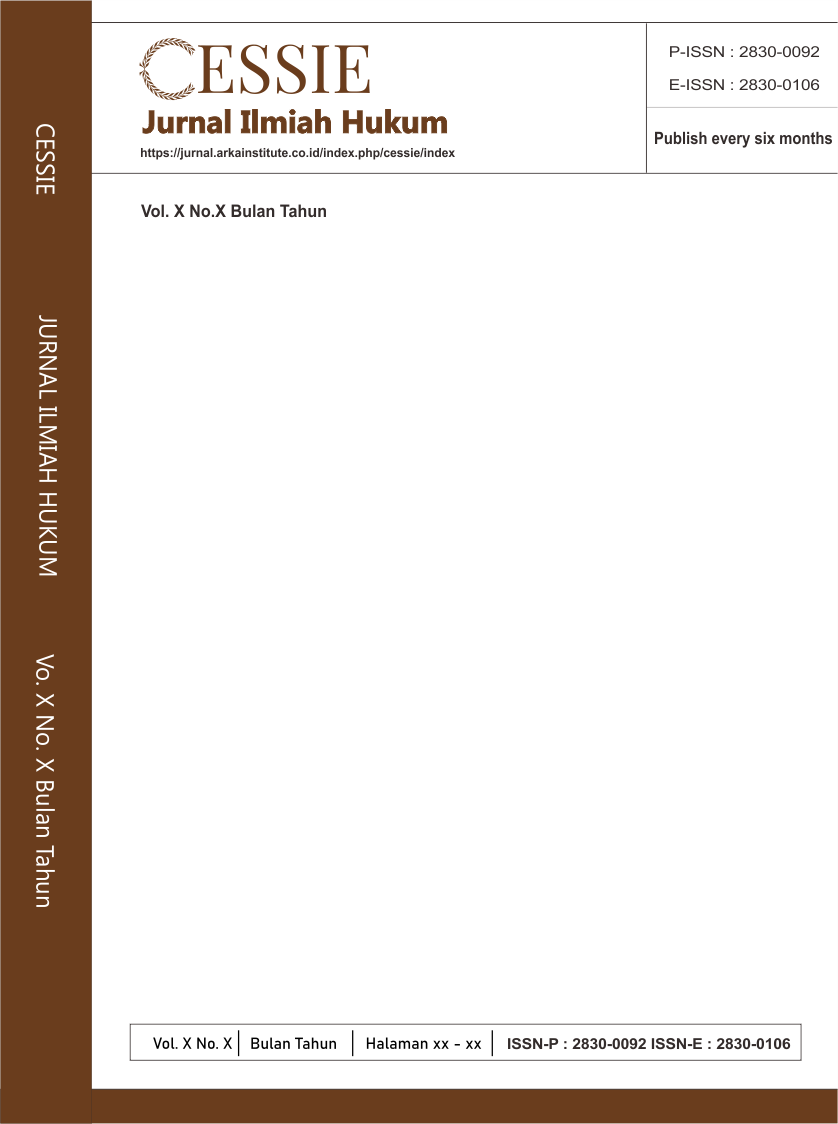Reverse evidence in money laundering cases with corruption predicate crime
Main Article Content
Abstract
The application of the reverse burden of proof in money laundering cases, particularly regarding the proof of predicate crimes, remains a subject of debate among legal scholars. This is due to concerns that it contradicts the presumption of innocence and may potentially violate human rights. This study aims to analyze the regulation of the reverse burden of proof in money laundering crimes under Indonesian law and to explore alternative approaches concerning predicate crimes. The research employs a normative legal method using statutory and comparative approaches, supported by primary, secondary, and tertiary legal materials. The findings reveal that Indonesia’s reverse burden of proof system is adapted from Anglo-Saxon legal systems, but its implementation remains limited. In its countries of origin, the system is more balanced—both the prosecutor and the defendant bear the burden of proof, and civil proceedings are used to recover criminal assets. In contrast, Indonesia has yet to adopt the civil route, and there is no specific procedural law governing this system, reducing its effectiveness. As an alternative, the "balance of probabilities" principle is proposed to better align the protection of individual rights with asset recovery efforts, thereby enhancing the effectiveness of anti-money laundering enforcement.
Article Details
Section

This work is licensed under a Creative Commons Attribution-NonCommercial 4.0 International License.

